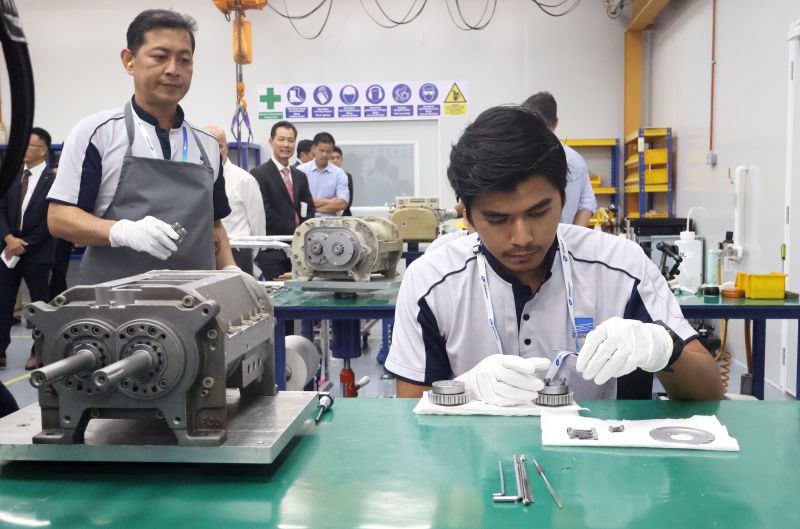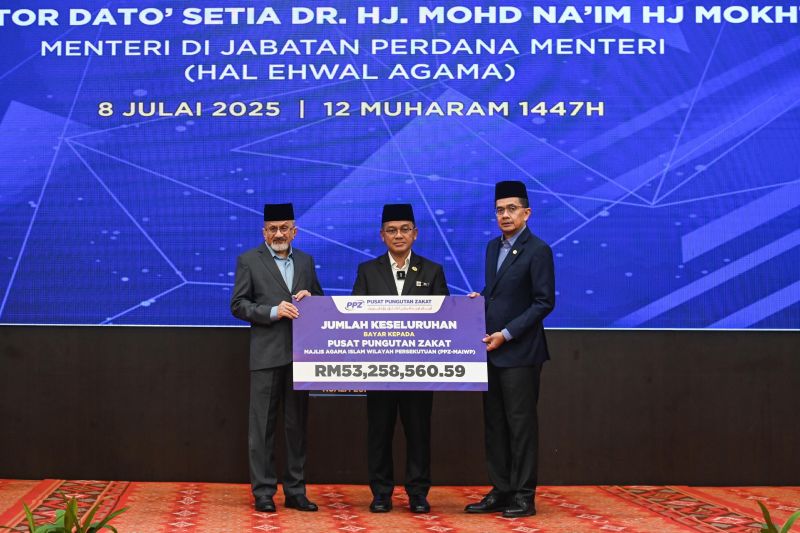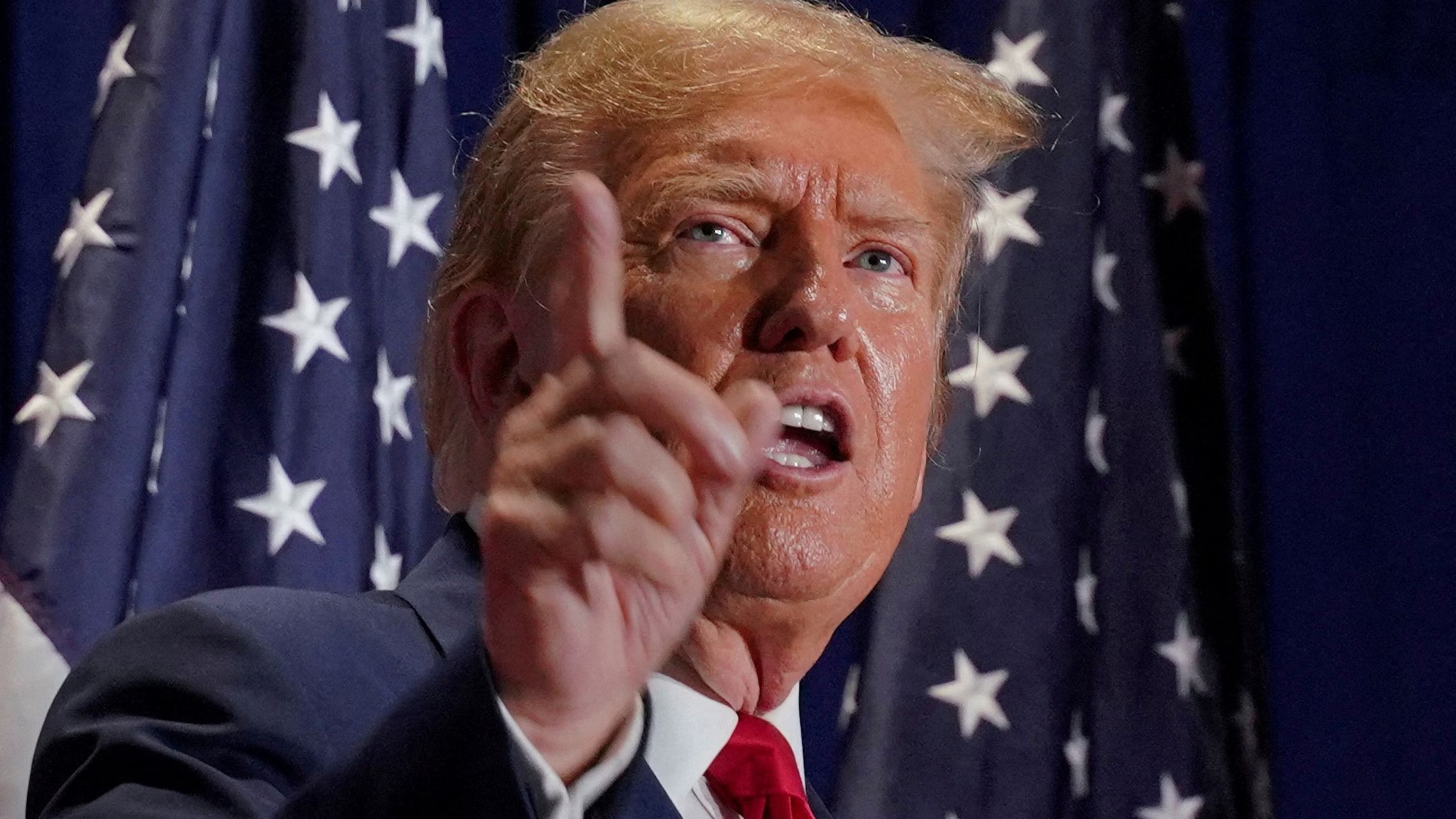Ethereum co-founder Vitalik Buterin recently took to social media to share his reflections on the state of the protocol and its potential evolution following the historic Merge. In a detailed blog post on October 14, Buterin outlined several key areas where he envisions significant advancements for Ethereum, including faster transaction speeds, enhanced security, and greater accessibility for solo stakers.
Post-Merge Insights
The Ethereum Merge, completed in 2022, marked a pivotal transition for the protocol from a proof-of-work (PoW) model to a proof-of-stake (PoS) consensus mechanism. Buterin characterized this event as “hard-earned” and “long-awaited,” acknowledging the collective effort of the Ethereum community to reach this milestone. However, he emphasized that there remain crucial areas within the PoS framework that require improvement to enhance the network’s overall performance and usability.
One of the primary goals for Ethereum’s future, as highlighted by Buterin, is the reduction of transaction completion time. Currently, it can take approximately 15 minutes to finalize a transaction on the Ethereum network. This delay can be frustrating for users, especially given that Ethereum is one of the most heavily trafficked blockchain networks. The resulting lag can lead to network congestion, negatively impacting user experience.
Buterin proposed several solutions to address this issue, including the implementation of single-slot finality. This technique could dramatically reduce transaction times, making Ethereum more competitive in the blockchain space and improving the overall user experience. He had previously introduced the idea of single-slot finality in a discussion in July.
Another significant area of focus for Buterin is increasing the accessibility of Ethereum to a broader range of users. The current staking requirement of 32 Ether (ETH) can be a barrier for many individuals who wish to participate in the network. To address this, Buterin suggested lowering the minimum staking amount to just 1 ETH. This change would enable more people to contribute to Ethereum’s security and governance, fostering greater community involvement.
Reducing the staking threshold would also promote further decentralization within the network. A more decentralized network minimizes the risk of a single entity exerting too much control, which is vital for maintaining the integrity and robustness of the protocol.
Security Enhancements
Buterin underscored the critical importance of protecting Ethereum from potential attacks. One of his proposals involves the implementation of a cryptographic technique known as single secret leader election. This method would make it significantly more challenging for attackers to disrupt the network by selecting leaders in a more secure manner.
In addition to this, Buterin highlighted the need to bolster Ethereum’s defenses against the looming threats posed by quantum computing. As technology evolves, the potential for quantum computers to disrupt traditional cryptographic protocols is a concern that must be addressed proactively. To enhance security further, Buterin suggested increasing the quorum threshold and improving recovery mechanisms in the event of a 51% attack.
Upcoming Milestones
Buterin’s reflections come at a crucial time for Ethereum, as the network anticipates the next milestone in its development roadmap: the Prague-Electra (Pectra) upgrade. This upgrade is scheduled to go live in the first quarter of 2025 and is expected to incorporate many of the enhancements Buterin has discussed.
The Pectra upgrade aims to address several key areas:
| Focus Area | Description |
|---|---|
| Transaction Speed | Implementation of single-slot finality to reduce transaction times. |
| Accessibility | Lowering the staking requirement from 32 ETH to 1 ETH to encourage more participants. |
| Security | Employing single secret leader election to enhance protection against attacks. |
| Quantum Resistance | Strategies to improve the protocol’s defense against quantum computing threats. |
| Recovery Mechanisms | Increasing quorum thresholds to bolster recovery from potential attacks. |
Vitalik Buterin’s recent insights into Ethereum’s post-Merge future provide a roadmap for the protocol’s continued evolution. His emphasis on transaction speed, accessibility, and security reflects a comprehensive understanding of the challenges and opportunities facing Ethereum as it seeks to maintain its status as a leading blockchain network.
As the cryptocurrency landscape evolves, the enhancements discussed by Buterin could significantly influence Ethereum’s usability and competitiveness. The community’s ability to implement these changes effectively will play a crucial role in determining the protocol’s long-term success.
Through ongoing innovation and a commitment to addressing both current and future challenges, Ethereum is well-positioned to remain at the forefront of the blockchain revolution.










